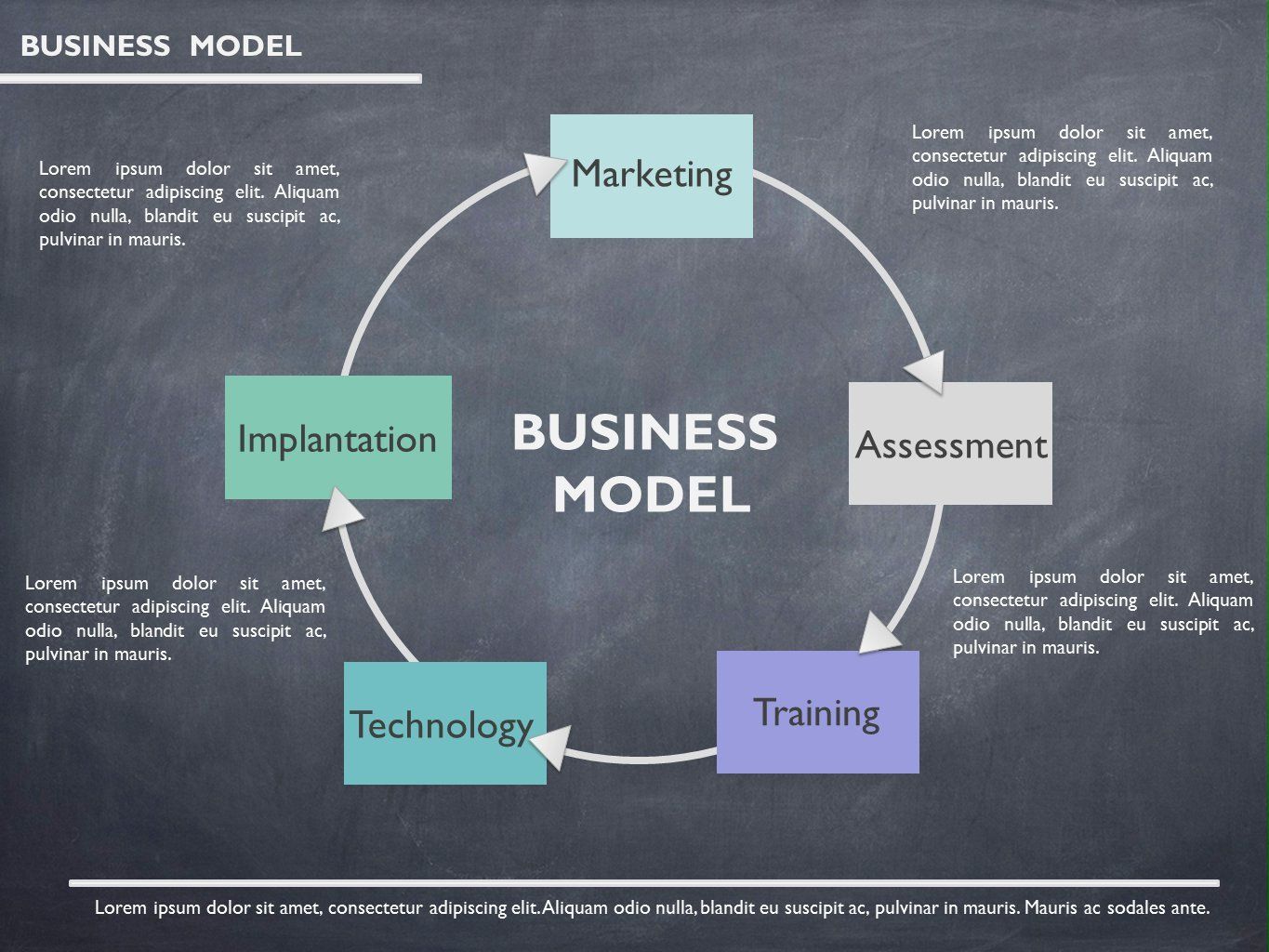The synthetic lane oil clung to the air, a sickly sweet scent battling stale popcorn and a persistent, underlying note of industrial cleaner. Across from me, Winter N., normally a fortress of quiet concentration over his crossword grids, looked like a man being asked to solve a particularly intricate puzzle with a sledgehammer. His rented shoes, size 11, felt like lead weights on his feet, their bright orange stripes mocking the quiet despair that seemed to emanate from him.
There was an emptiness to the forced cheer, a hollow echo in the cavernous space.
Average Score
Someone from HR, a perpetually perky individual, was attempting to rally enthusiasm for ‘Crazy Sock Night.’ Just thinking about the effort involved in finding matching socks that were *also* crazy, on a Thursday evening after a full workweek, felt like a chore unto itself. My own feet, encased in plain black, sensible socks, felt like a small act of rebellion, a quiet refusal to participate in the charade. Each frame felt like a solitary confinement, lasting 1 excruciating minute, where the only genuine emotion was the collective groan as yet another gutter ball rolled by, often followed by a forced, overly loud laugh from a manager.
We were told this was for ‘team building,’ a phrase that, in this context, felt more like a threat than an invitation. The implicit message was clear: if you didn’t participate, if you weren’t seen to be ‘engaging,’ then perhaps you weren’t a ‘team player.’ It’s the corporate equivalent of untangling Christmas lights in July – a task that, while potentially rewarding in its proper season, becomes an absurd, joyless obligation when forced out of context. The knots in the string feel harder to undo, the sparkle feels dimmer, and you’re left wondering why you’re doing this at all when there are so many other things you’d rather be doing.
Perceived Value
My score, a dismal 41, stood as a monument to my apathy. Winter N.’s, I noticed, was a respectable 121, but even his focused precision seemed tinged with resignation, a silent plea for the clock to strike 21:01 so we could all return to our separate, authentic lives. We were promised ‘pizza and sodas,’ a collective budget of $171, apparently. Yet, the pizza lay congealed, ignored by most, a metaphor for the entire event. Only 1 person, a new intern eager to impress, actually seemed to enjoy themselves, bouncing between lanes with a forced exuberance that bordered on frantic.
This isn’t team building. This is mandatory performance art, a bizarre play where the script dictates spontaneous camaraderie and genuine connection, but the actors are all reading from different, tired pages. It reveals a deep cultural problem, a fundamental misunderstanding of human connection. When companies resort to forced ‘fun,’ it’s often because they don’t know how to foster genuine camaraderie through meaningful work, through shared purpose, or through simply respecting their employees as autonomous adults. Instead, they try to fake it, to engineer connection in a way that feels infantilizing and frankly, quite insulting. It assumes we’re children who need to be prodded into liking each other, rather than professionals capable of forming our own relationships, both professional and personal, on our own terms.
Budget ($)
Budget ($)
The real problem isn’t the bowling, or the pizza, or even the questionable fashion choices of ‘Crazy Sock Night.’ The problem is the assumption that a company has the right to commandeer an employee’s personal time, to dictate how they should ‘relax’ or ‘bond.’ It’s a subtle erosion of boundaries, a blurring of the line between professional duty and personal life that carries a hidden cost. The cost isn’t just the $171 spent on lukewarm pizza; it’s the erosion of trust, the quiet resentment, and the subtle message that your time outside of the office is not entirely your own. I once, mistakenly, thought that showing up to every single one of these events would somehow translate into a deeper sense of belonging, perhaps even advancement. I spent 31 consecutive evenings over a year attending various ‘optional but highly encouraged’ gatherings, only to realize the impact on my actual work or relationships was negligible at best, and the impact on my personal well-being was profoundly negative. It was a mistake I wouldn’t repeat.
Genuine connection, like genuine creativity, cannot be legislated or mandated. It blooms in the margins, in the shared challenge of a difficult project, in the quick, authentic laugh over a spilled coffee, in the mutual support during a stressful deadline. It’s voluntary, arising from a shared experience and mutual respect, much like the responsible entertainment provided by Gclubfun, where engagement is a choice, not an obligation. People choose to participate, they choose their level of involvement, and that very choice imbues the experience with value and meaning. This is the core difference: when individuals freely choose to engage, the experience is enriched. When they are compelled, it’s cheapened.
The clock, however, stubbornly advanced, each minute feeling like 61 seconds, punctuated by the clatter of pins and the hollow sound of forced laughter. This charade had been planned for 21 days, a full 3 weeks of email reminders and calendar invites, each one a tiny hammer blow against the dwindling hours of my private life. We had 1 ball each for the first 5 frames before the ‘team’ aspect kicked in. The budget for this, I later learned, was a hefty $1,751, a sum that could have been invested in better training, or a more ergonomic chair, or even a bonus that truly conveyed appreciation. Instead, it was spent on an event that created division rather than unity, generating eye-rolls instead of enthusiasm.
Perhaps the most insidious aspect of mandatory fun is its ability to make you question your own definition of joy. If this is ‘fun,’ then what does genuine fun even feel like? It attempts to co-opt and redefine something deeply personal and subjective, turning it into another metric of corporate compliance. It’s like trying to untangle those Christmas lights in July again, but this time, someone is watching, making sure you smile while you do it, ensuring your efforts look ‘fun’ from the outside, regardless of the frustration simmering beneath. It makes you feel like an imposter, performing happiness for the benefit of some unseen corporate scorekeeper. Over 51 percent of attendees I’ve spoken to admitted they’d rather be anywhere else.
The irony is, if companies truly want to foster team spirit, they could start by giving people their time back. They could trust adults to manage their own social lives. They could invest in transparent communication, fair compensation, and a culture that values autonomy and well-being. That, I suspect, would create far more genuine goodwill, far more organic connection, than any number of awkward bowling nights or forced ‘crazy sock’ contests. The real ‘team’ isn’t built on synthetic smiles under fluorescent lights; it’s forged in shared purpose, mutual respect, and the quiet understanding that sometimes, the best thing you can offer your colleagues is the space to simply be themselves, on their own time, exactly 1 moment at a time.
The Real Question
Are we building teams, or are we just practicing our corporate charades?







































































































































































































































































































































































































































































































































